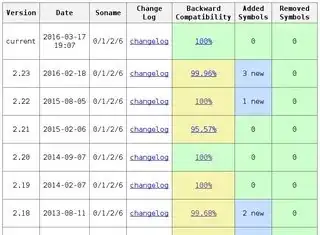I recently installed a piece of software that my group needs for a research project starting next September. Turns out the software has a known crash bug when used with glibc 2.12.1. My boss asked if we can upgrade glibc on the server that's supposed to run it. Cue my skeptical silence....
At some point, I got it into my brain that messing with glibc was about as good an idea as messing with a hungry puma; however, I've been unable to determine the source of this belief. So, if I go ahead with this:
- Am I doing something flagrantly stupid (e.g. I won't fix my problem, I will brick my server, or I will initiate a zombie apocalypse)?
- What can go wrong?
- What is likely to go wrong?
- How do I avoid the answers to 2 and 3?
